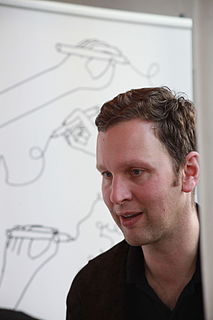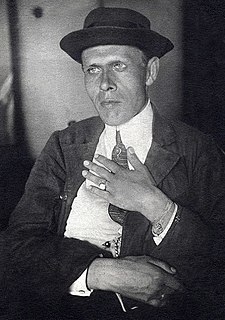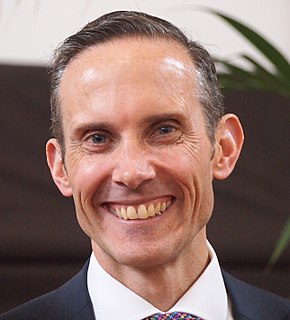A Quote by Debbie Harry
I'm interested in Buddhism. Of all the organized religions, that to me is the only one that makes even vague sense. I just don't have the discipline for that kind of practice.
Quote Topics
Related Quotes
The three religions because I wanted to discuss faith, not organized religion, so wanted to relativize organized religion by having Pi practice three. I would have like PI to be a Jew, too, to practice Judaism, but there are two religions that are explicitly incompatible: Christianity and Judaism. Where one begins, the other ends, according to Christians, and where one endures, the other strays, according to Jews.
My ethics, my sense of morality, my work ethic, my sense of compassion for suffering humanity, all of that comes directly out of the practice of poetry, as does my Buddhist practice. Poetry is a very important element in the history of Buddhism in general and in Zen in particular. It was really Zen that motivated me to change the way I perceive the world.
If you understand real practice, then archery or other activities can be zen. If you don't understand how to practice archery in its true sense, then even though you practice very hard, what you acquire is just technique. It won't help you through and through. Perhaps you can hit the mark without trying, but without a bow and arrow you cannot do anything. If you understand the point of practice, then even without a bow and arrow the archery will help you. How you get that kind of power or ability is only through right practice.
Religion is organized, and spirituality is what the individual feels in his relationship with truth and with God. And although spirituality may be expressed in a religion, many people are spiritual and never go to church. They aren't religious in the sense that they practice a certain type of discipline.
My calculus teacher would send me home every weekend with 400 problems to solve. At the time, I felt it was so strict and demanding, but now I realize that the workload instilled in me a sense of discipline, and showed me that even if I wasn't inherently skilled at something, I could be, with enough dedication and practice.
When asked if I consider myself Buddhist, the answer is, Not really. But it's more my religion than any other because I was brought up with it in an intellectual and spiritual environment. I don't practice or preach it, however. But Buddhism has had a major effect on who I am and how I think about the world. What I have learned is that I like all religions, but only parts of them.
All religions are not the same. All religions do not point to God. All religions do not say that all religions are the same. At the heart of every religion is an uncompromising commitment to a particular way of defining who God is or is not and accordingly, of defining life's purpose.
Anyone who claims that all religions are the same betrays not only an ignorance of all religions but also a caricatured view of even the best-known ones. Every religion at its core is exclusive.



































